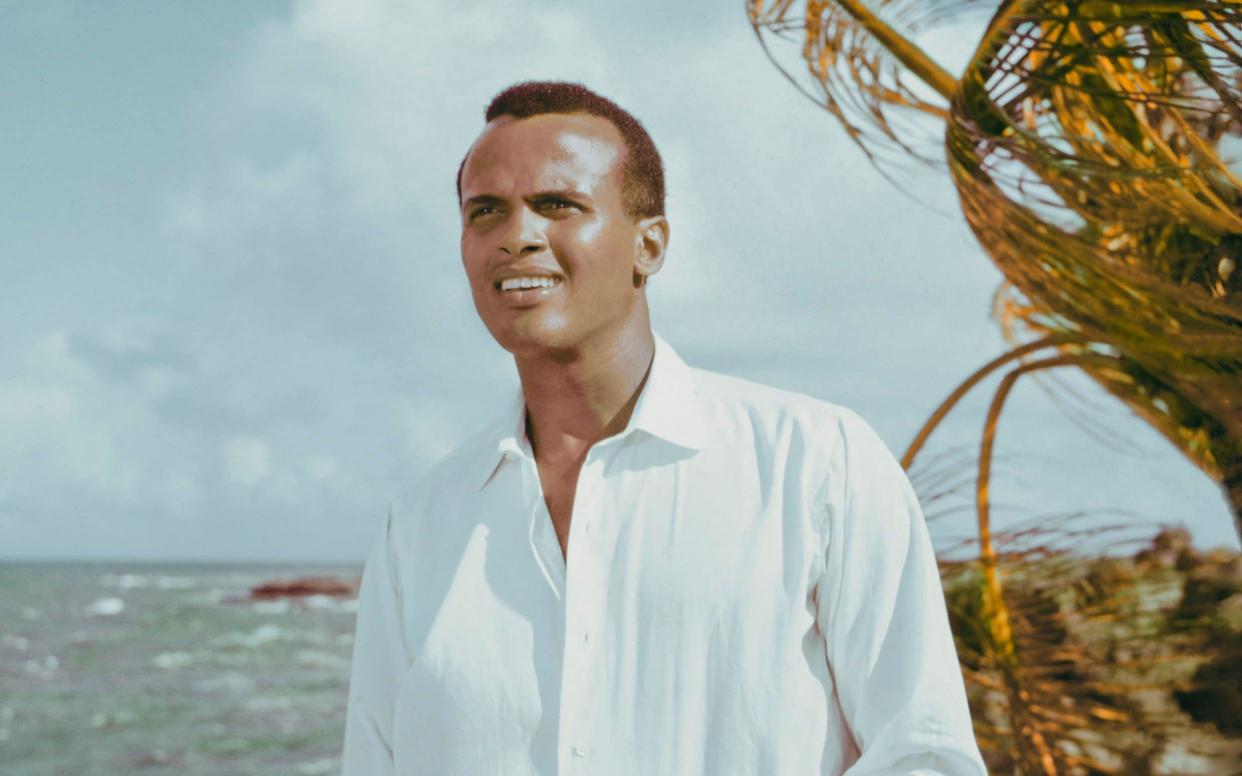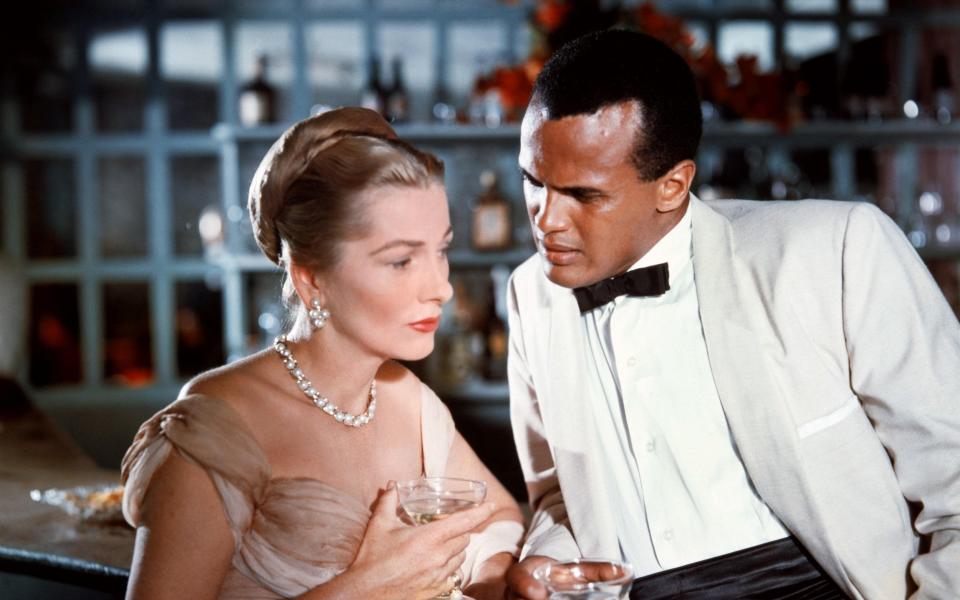‘King of Calypso’ Harry Belafonte dies at 96

Harry Belafonte, the legendary singer and actor who became a civil rights activist, has died at the age of 96.
Belafonte died on Tuesday of congestive heart failure at his New York home, with his wife, Pamela, by his side, said Ken Sunshine, his longtime spokesman.
With his glowing, handsome face and silky, husky voice, Belafonte was one of the first black performers to gain a wide following on film and to sell a million records as a singer.
Many still know him for his early hit, Banana Boat, and its call of “Day-o, day-ay-ay-o”. But he forged a greater legacy once he scaled back his performing career in the 1960s and lived out the decree of his hero, Paul Robeson, that artists are the “gatekeepers of truth”.
‘Rebellion is healthy’
As a black leading man who explored racial themes in 1950s movies, Belafonte moved on to working with his friend, Martin Luther King Jr, during the US civil rights movement.
He later became the driving force behind the celebrity-studded, famine-fighting hit song We Are the World in the 1980s.
Belafonte once said he was in a constant state of rebellion, which was driven by anger.
“I’ve got to be a part of whatever the rebellion is that tries to change all this,” he told The New York Times in 2001. “The anger is a necessary fuel. Rebellion is healthy.”
Belafonte was born in New York City’s borough of Manhattan, but spent his early childhood in his family’s native Jamaica.
Handsome and suave, he came to be known as the “King of Calypso” early in his career.
He was the first black person allowed to perform in many plush nightspots and he also had racial breakthroughs in movies at a time when segregation prevailed in much of the United States.
In Island in the Sun in 1957, his character entertained notions of a relationship with a white woman, played by Joan Fontaine, which reportedly triggered threats to burn down cinemas in the American South.
The movie was banned in several Southern cities, where theatre owners were threatened by the Ku Klux Klan because of the interracial romance.

Belafonte had been a major artist since the 1950s. He won a Tony Award in 1954 for his starring role in John Murray Anderson’s Almanac. Five years later, he became the first black performer to win an Emmy for the television special Tonight with Harry Belafonte.
In 1954, he co-starred with Dorothy Dandridge in the Otto Preminger-directed musical Carmen Jones, a popular breakthrough for an all-black cast.

 Yahoo News
Yahoo News 
